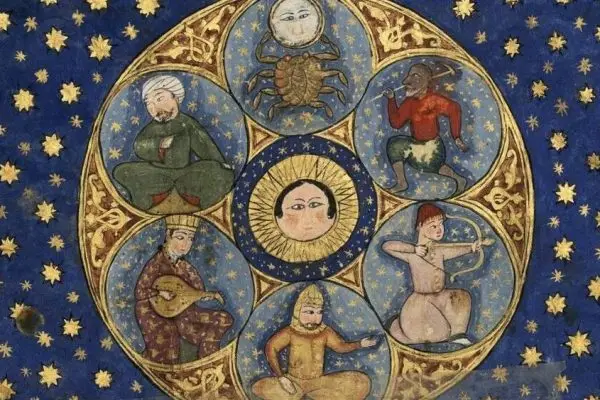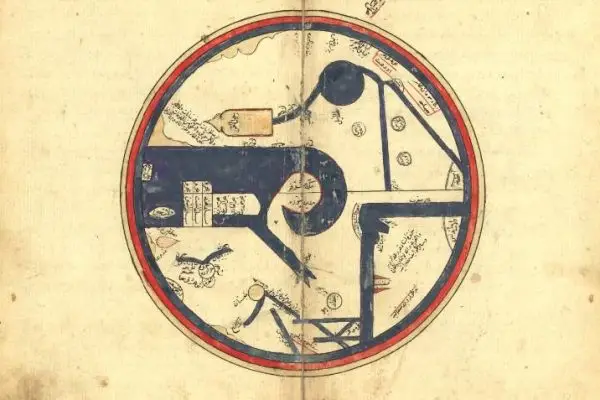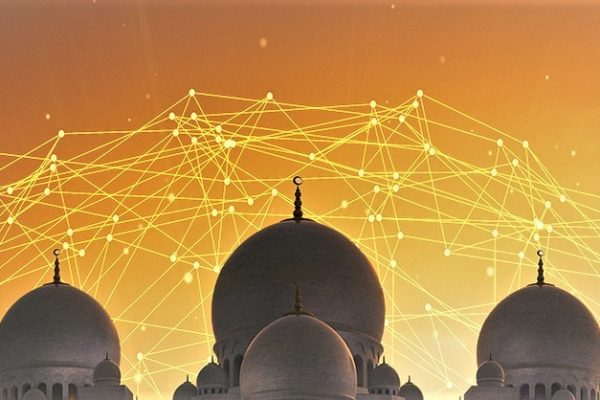
The Ultimate Guide to Skin Care Home Remedies
Home remedies can be a simple, effective, and affordable way to enhance your skincare routine. By using natural ingredients, you can address various skin concerns while avoiding potentially harsh chemicals found in some commercial products. Remember to always test new remedies cautiously and enjoy the process of finding what works best for your skin.
















